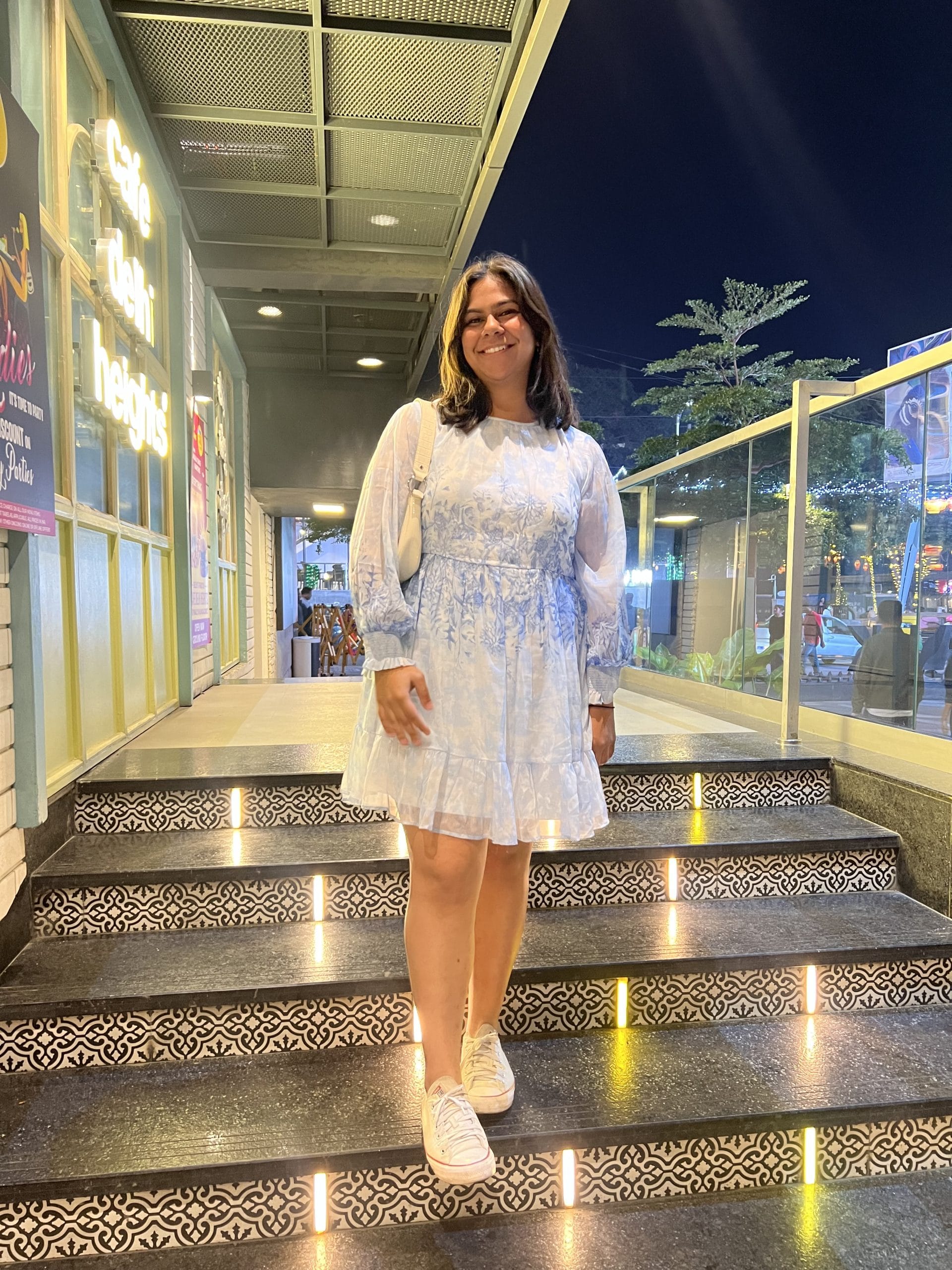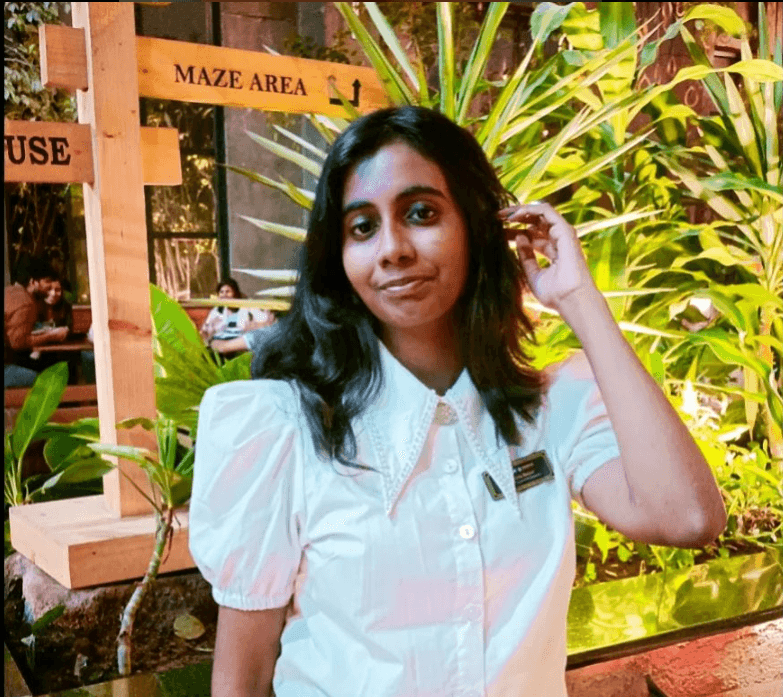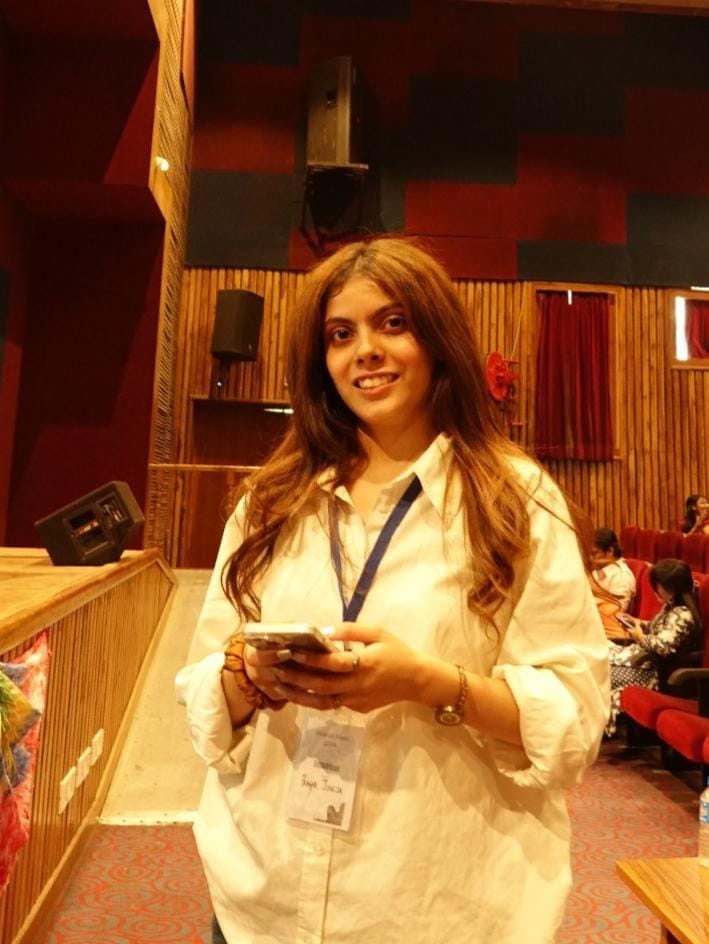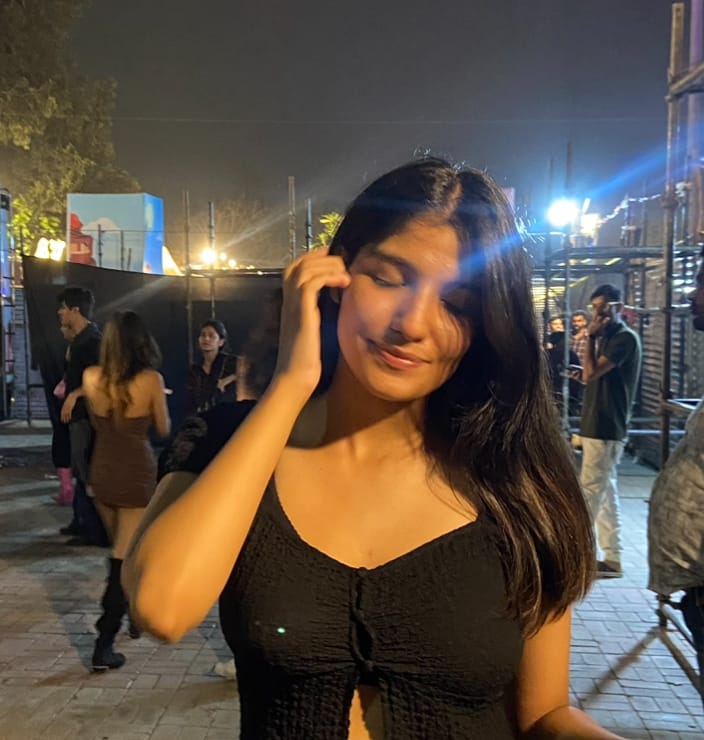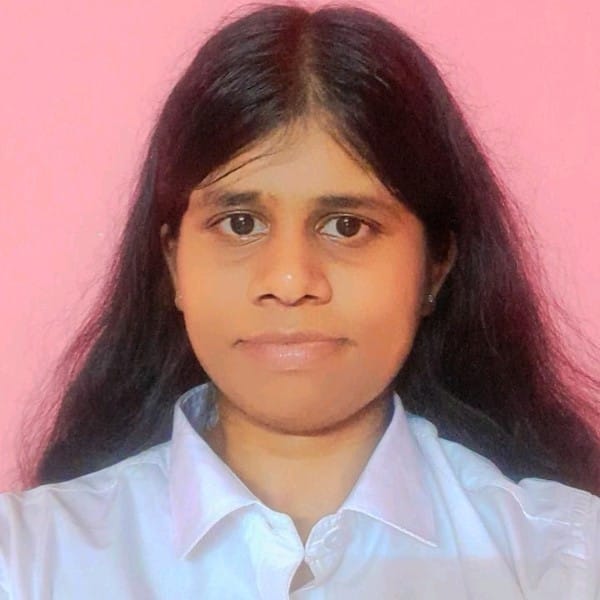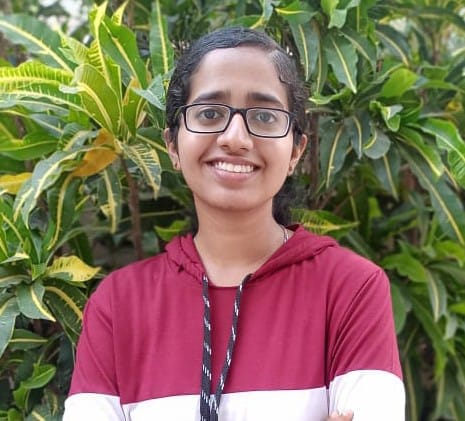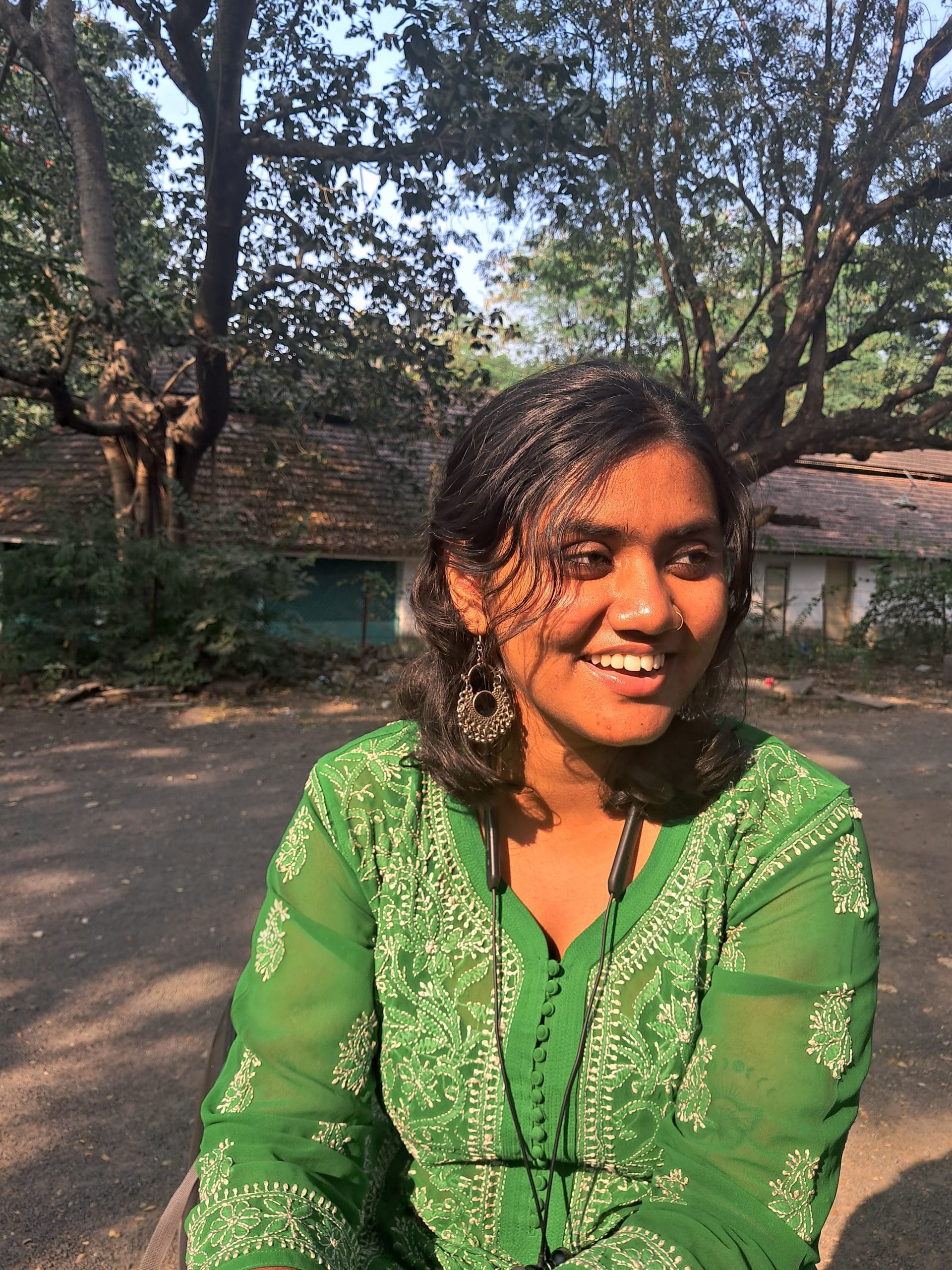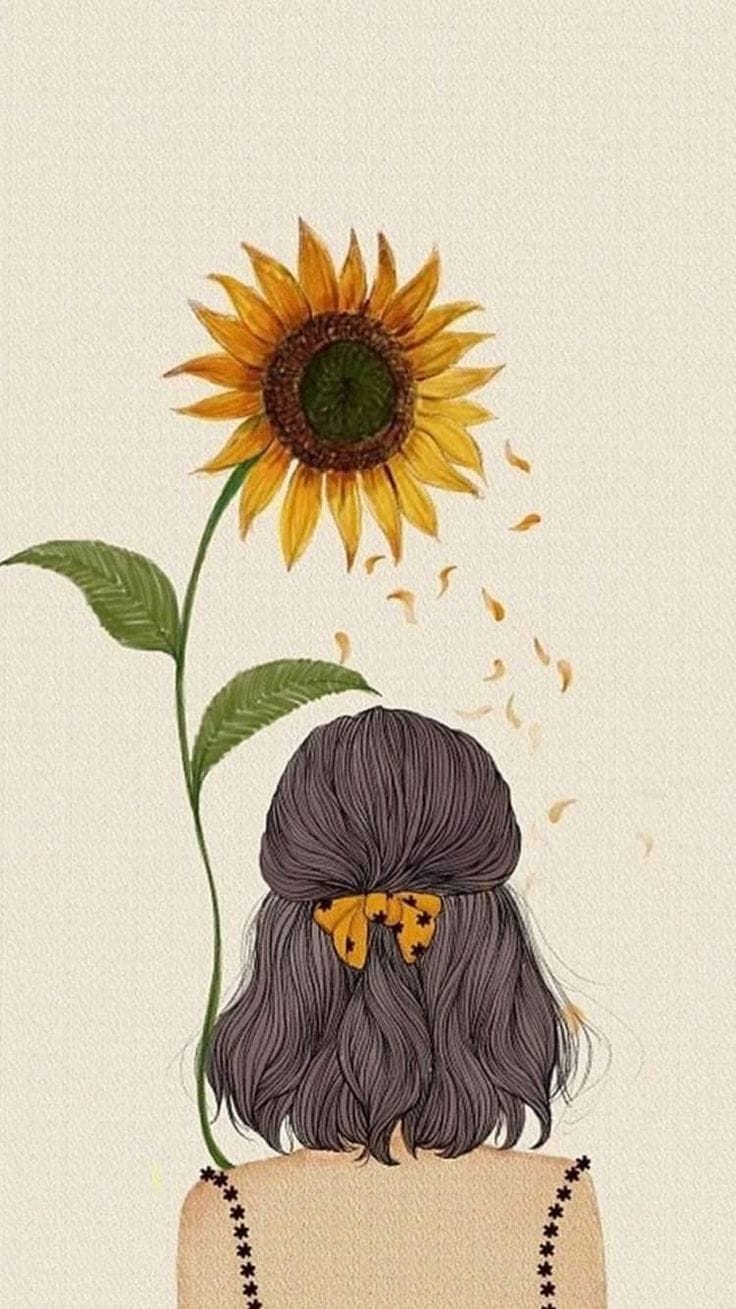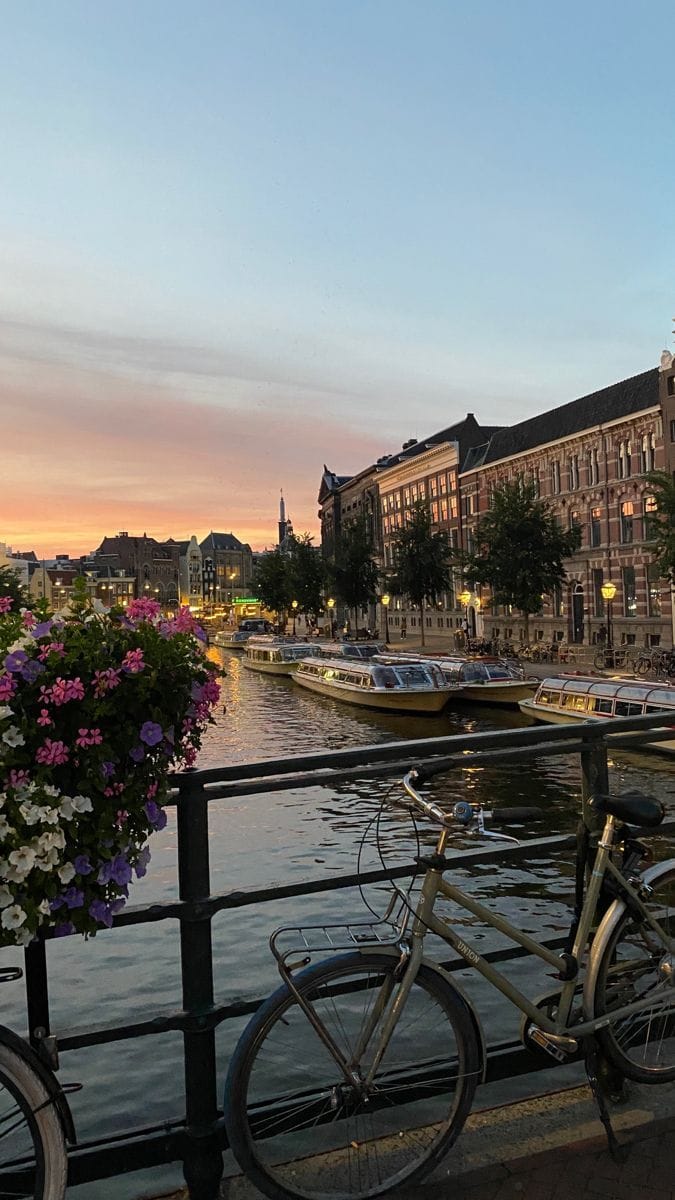The Influence of Caste Discrimination on Mental Health Outcomes in India
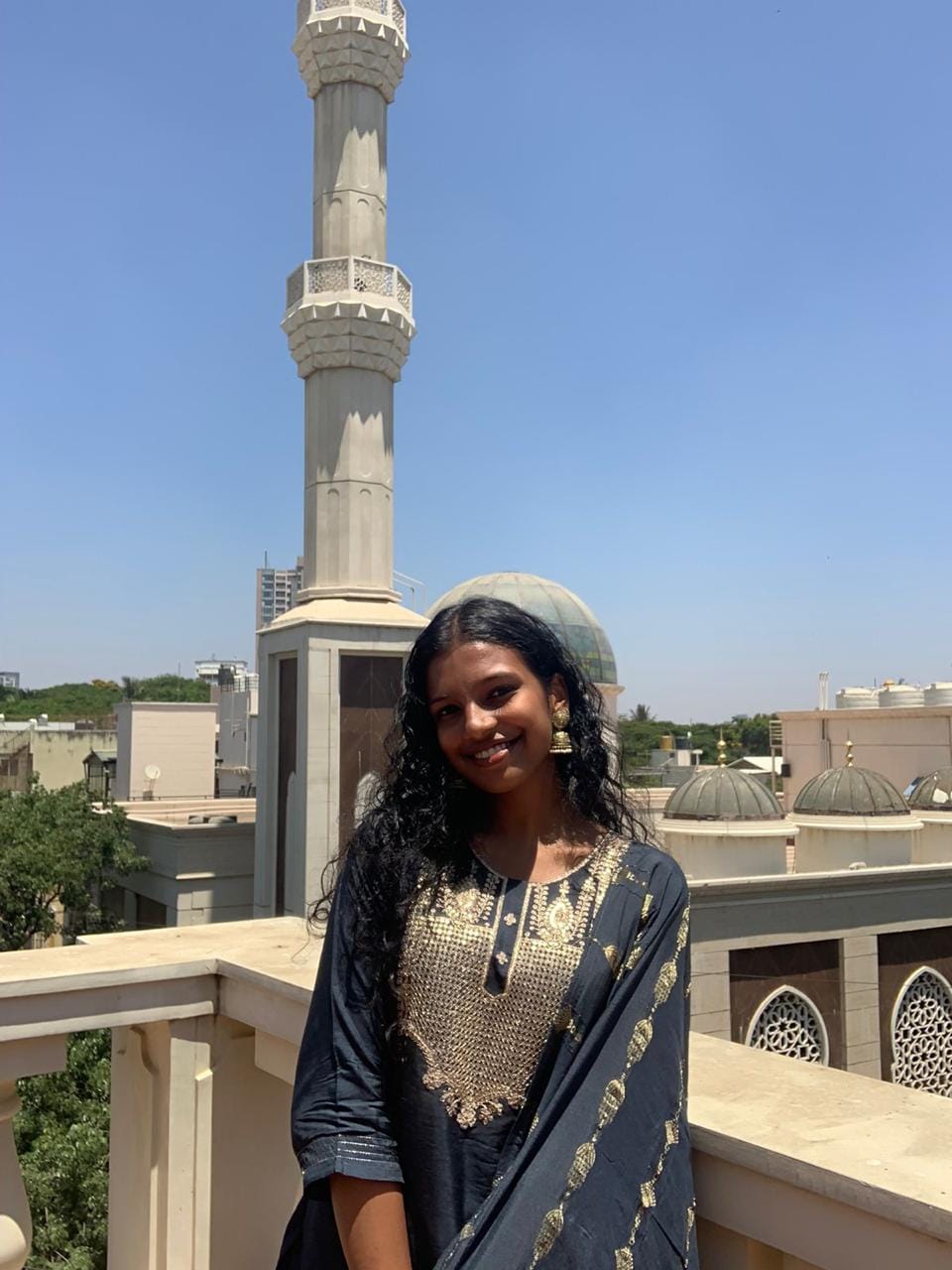
Rihana
April 15 , 2024

Trigger Warning: Mention of Suicide
"For some people life itself is a curse. My birth is my fatal accident. I can never recover from my childhood loneliness. I am not hurt at this moment. Not sad, just empty. That is pathetic. That is why I am doing this."
These were the words in the suicide note left by Rohith Vemula, a Dalit student who tragically took his own life in 2016.
In the aftermath, the community rallied for justice, contending that his death stemmed from the misuse of power and authority. Despite calls for investigation, the case was sidelined, denying him legal recourse and justice.
India’s population of 200 Million Dalits are positioned as one of the most marginalised citizens, confined to the lowest societal levels by the rigid caste system. These populations face the consequences of systematic oppression daily.
Victims of Violence
As per the ‘Crime in India, 2022’ report published by the National Crime Records Bureau, the atrocities against Dalits increased manifold in 2022 compared to previous years.
The concept of caste superiority and pride is deeply ingrained in society, leading to recurrent instances of violence. Dalits face assaults and violence for actions as simple as drinking water from a public tap and wearing sandals in public areas dominated by upper castes.
Under-Representation
In matters of employment, education, politics, media and so on, there is a stark underrepresentation of caste minorities. Despite the presence of reservation policies, a minimal number of caste minorities attain higher education due to the capitalist and casteist nature of institutions.
Many cannot afford the fees, and even upon enrollment, they encounter subtle discrimination from upper-caste management, faculty, and peers.
Moreover, reservation policies face opposition from rightist groups. In the realm of media, there is a glaring absence of Dalit journalists and actors, perpetuating constant underrepresentation stemming from economic and social disparities.
These factors contribute to the deteriorating mental well-being of the Dalit community.
Studies have shown that lower-caste individuals have lower mental health than upper-caste individuals (Gupta & Coffey, 2020) and report social isolation, low self-esteem, low self-confidence, withdrawal, and anger (Pal, 2015).
Higher levels of depression have been found in individuals from lower castes (Mathias et al., 2015) and have the highest odds of hypertension compared to privileged upper caste members (Uddin et al., 2020).
Dalit women are doubly disadvantaged due to their low-caste status and the lower status of women in Hindu society, also known as the “Dalit among Dalits” (Thapa et al.,2021).
Queer Dalits face additional challenges as their caste and queer identity are both undervalued, leading to discrimination based on the intersection of these identities.
Inequities in Mental Healthcare
Moreover, these communities lack access to mental health services for two primary reasons. Firstly, they cannot afford therapy sessions, with the average session in India costing between 1000 to 1500 rupees. Given their financial struggles, such expenses are prohibitive.
Secondly, there exists a stigma surrounding therapy and mental health within these communities.
Making Mental Healthcare More Inclusive

Photo by Hannah Busing Team on Unsplash
Given the vulnerabilities faced by caste minorities in India, it is crucial to prioritize inclusivity in mental health spaces.
We need to integrate conversations about politics and justice into therapeutic environments, emphasizing intersectionality. Intersectionality examines how systemic oppression and privilege affect individuals and communities.
By advocating for structural changes, we can advance social justice and equity, enhancing community health and overall well-being.
As mental health professionals, we need to recognize and validate the challenges they encounter, particularly at the intersection of caste and mental health. Our efforts should be directed towards enhancing accessibility and affordability of mental healthcare for minority groups.
Please remember that you're not alone, and there is support available for you. If you're struggling with suicidal thoughts or self-harm, please reach out to helplines or consider contacting Heart It Out. Your well-being matters, and help is always within reach.
Keep Reading
Started reading,
found my glow!
New blogs dropping soon – Sign up!
© EmbraceWell. All rights reserved


